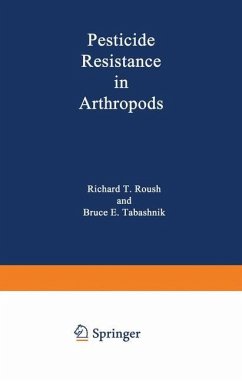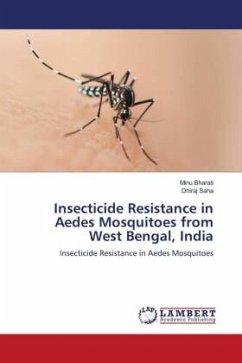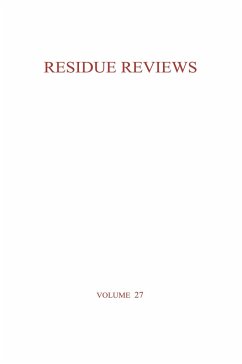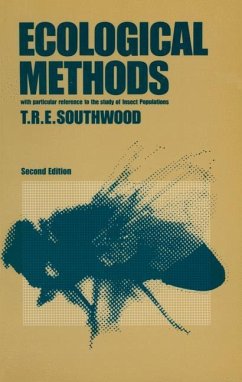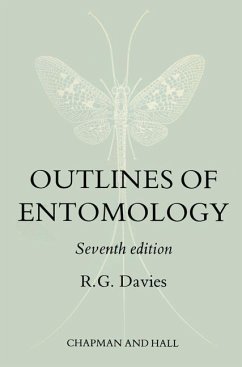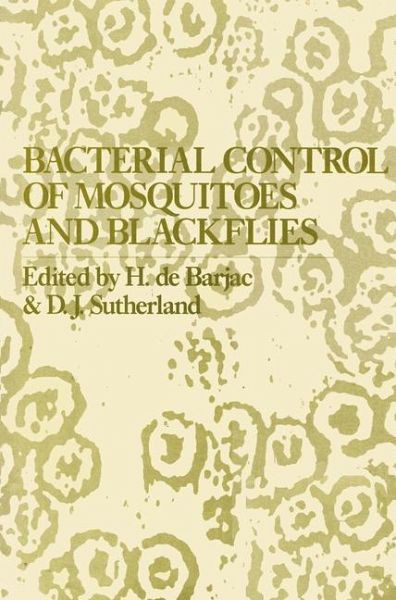
Bacterial Control of Mosquitoes & Black Flies
Biochemistry, Genetics & Applications of Bacillus thuringiensis israelensis and Bacillus sphaericus
Herausgegeben: de Barjac, Huguette; Sutherland, Donald J.

PAYBACK Punkte
38 °P sammeln!
Mosquitoes and black flies are a constant threat to health and comfort, yet the modern chemical pesticides used to control them have cre ated serious ecological problems. Populations of resistant mosquitoes and black flies have evolved, beneficial insects and natural predators have been destroyed, and environmental pollution has increased worldwide. Therefore, scientists have energetically sought new, environmentally safe technologies to combat mosquitoes and black flies and the diseases they carry. Among the most effective alternative means of controlling these pests are the highly spe cific ...
Mosquitoes and black flies are a constant threat to health and comfort, yet the modern chemical pesticides used to control them have cre ated serious ecological problems. Populations of resistant mosquitoes and black flies have evolved, beneficial insects and natural predators have been destroyed, and environmental pollution has increased worldwide. Therefore, scientists have energetically sought new, environmentally safe technologies to combat mosquitoes and black flies and the diseases they carry. Among the most effective alternative means of controlling these pests are the highly spe cific microbial agents derived from Bacillus tburingiensis or Bacillus spbaericus. The microbial control of mosquitoes and black flies is a very important, rapidly developing area of science. Entomologists and microbiologists have already achieved spectacular successes using B. tburingiensis and B. spbaericus against these pests. Recent discoveries of new bacterial isolates specific to new hosts and recent genetic improvements in these isolates have created the potential for wide-scale use of these biological control agents. Efficient microbial control of mosquitoes and black flies can now be achieved, but a proper knowledge of factors relating to the safe and effective use of these biological control agents is necessary. The efficacy of B. tburingiensis and B. spbaericus is influenced by the inherent differential tol erance of the target mosquitoes or black flies, by the formulation technology and application of these agents, and by environmental factors, especially sun light and temperature.





